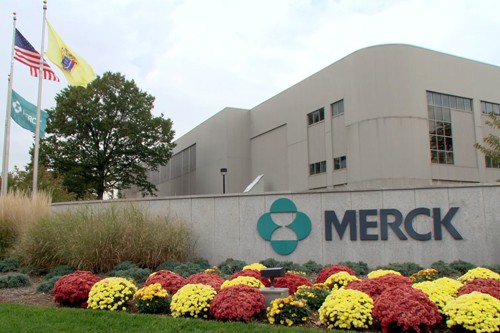
2021 has been a good year for Keytruda (pembrolizumab), which has notched up more than 20 approvals across the world and is on track to bring in at least £17bn for Merck – known as MSD outside the US and Canada – this year alone.
In its eighth US approval of the year, the Food and Drug Administration (FDA) has given the green light to use Keytruda as an adjuvant treatment for adults and children aged 12 years and over who have stage 2b and 2c melanoma and have received surgery to resect the tumour.
This indication is important, says Dr Jason Luke from the Cancer Immunotherapeutics Center at UPMC Hillman Cancer Center, because the standard of care is currently observation despite the
fact that the risk of recurrence is nearly the same as it is for patients with later-stage disease, where treatment is recommended.
“Today’s approval of pembrolizumab for the adjuvant treatment of patients aged 12 years and older with stage IIB and IIC melanoma following complete resection is an important advance that provides these patients with a new option that can help reduce the risk of their cancer returning,” said Dr Luke.
Keytruda’s first approval seven years ago was also in melanoma, said Dr Scot Ebbinghaus from Merck Research Laboratories. “Since then, we have built on this foundation in melanoma and have expanded the use of Keytruda into earlier stages of this disease. With today’s approval, we can now offer healthcare providers and patients 12 years and older the opportunity to help prevent melanoma recurrence with Keytruda across resected stage IIB, stage IIC and stage III melanoma.”
The approval is based on data from the phase 3 KEYNOTE-716 trial, one of the more than 1,600 studies that Merck is running into Keytruda as part of ‘the industry’s largest immuno-oncology clinical research programme’.
In KEYNOTE-716, 976 patients with completely resected stage 2B or 2C melanoma were randomised to Keytruda or placebo for up to one year until disease recurrence or unacceptable toxicity. Keytruda showed a statistically significant improvement in recurrence-free survival (RFS), reducing the risk of disease recurrence or death by 35% compared to placebo.
Efficacy in children aged 12 years and older with melanoma was extrapolated from adult data given “similar biology, pharmacology of drug effect, as well as similar exposure-response for efficacy and safety”, said Merck.
The rates of melanoma are rising, with nearly 325,000 new cases diagnosed worldwide in 2020. In the US, skin cancer is one of the most common types of cancer diagnosed and melanoma accounts for a large majority of skin cancer deaths.
Recurrence of disease for patients with resected melanoma is estimated to be 32-46% for patients with stage 2B and stage 2C disease and 39-74% for patients with stage 3 disease.




